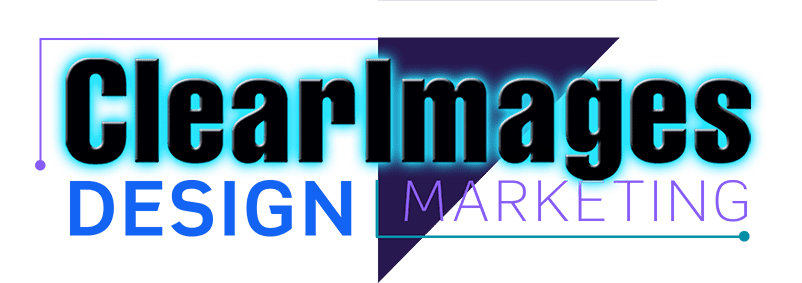Facebook Ads:
5 Vital Strategies to Get You Started

If you’re just having that idea now, then you are a bit late — 12 years too late in fact — Facebook already exists. On the bright side, it doesn’t know your blood type yet; then again, it just may.
As an individual, looking at the platform can be a bit unnerving, but as a marketer, your dreams have come true! The amount of data that is available to marketers is literally mind boggling; so much so, that it can be a bit difficult to know just what to target when you first get started.
For businesses, Facebook as an advertising tool is very valuable compared to merely having a Facebook business page. In fact, with business pages only 1% to 5% of the “Likes” on your page will ever see what you post — unless you are running targeted ads to your page. Hang on, let’s make that really clear. If you have 100 followers and you don’t advertise, only 1 to 5 of those people will actually see your post — Facebook suppresses the posts on business pages unless you advertise.
What or Who to Target
Much of what or who you target will really depend on what your specific campaign intends to do, but here are a few methods that are a good starting point for your Facebook ads:
1. Your Mailing List: you can upload your email list to Facebook and it can then find those people if they have an FB account. You’ll find that of any list that you upload somewhere from 50-60% will have Facebook accounts. Then, you can market to these individuals, already interested in your product or service. Word of caution: If you’re in health care, not such a good idea, as HIPAA doesn’t just frown on it, they don’t allow it.
2. Influencers or Competitors: Who are you competing against? Who has a lot of pull with your market, but may not be selling your product or service? The answers to these questions and a little old fashioned research, can net you great results and an audience that’s already created. For example: Selling a fitness product? Target your ads at people that like the famous personal trainer everyone listens to. Running a few of these ads simultaneously will yield you enough data to show which influencer or competitor’s audience is most valuable to you.
3. Look-Alike Audiences: How about targeting people that are just like your existing audience? Its a brilliant feature that Facebook can search for people that are similar to the ones that already like your page. Or, once again, you can upload your email list, and create a look-alike audience. Facebook’s algorithm allows you to create a new audience that varies in its exactness to the one selected, on scale of 1 to 100; 1 being an exact match and 100 being very vague.
4. Zip Codes or Cities: If you’re a brick and mortar business, such as a health care provider, you most likely want to target people that live or work near your place of business, while remaining HIPAA compliant. In this case, Zip code or city targeting is the way to go. Once you target in this fashion, you can niche it down smaller and smaller, to include income categories and all sorts of other information — but you’ll have to experiment for yourself and see just what your potential customers may look like.
5. Remarketing: With Facebook pixels, there are all sorts of things that you can do in terms of your marketing audience. First off, what’s a pixel?— because the definition doesn’t match what the word actually means. A “pixel” in this usage of the word, is a piece of code that when placed on your website allows Facebook to track visitors to your site. You can track all sorts of things, from site visitors to converting links or buttons on your site. This data remains on FBs servers—you don’t have direct access to it — but now, with this data collected, Facebook will allow you to run a campaign targeting those visitors. This means you can run targeted ads to people who have already shown enough interest to visit your website— a good potential audience. Another word of caution, if you are a health care provider you cannot track visitors to your site; site visitors are supposed to be allowed to browse anonymously.
Facebook advertising is a valuable platform. With the wealth of data out there, there is much that can be done if you know how to use it. The downside is that it can be a bit of a process and you may be better off having someone devoted to running your Facebook ads program full-time. Either way, the platform creates increased opportunity for businesses to reach their target markets, in a space where more and more people are congregating. The Facebook ad platform just goes to show that Social Media is something that your business cannot ignore.
What has been your biggest Facebook Ad challenge?
Post a comment and let us know!


Recent Comments